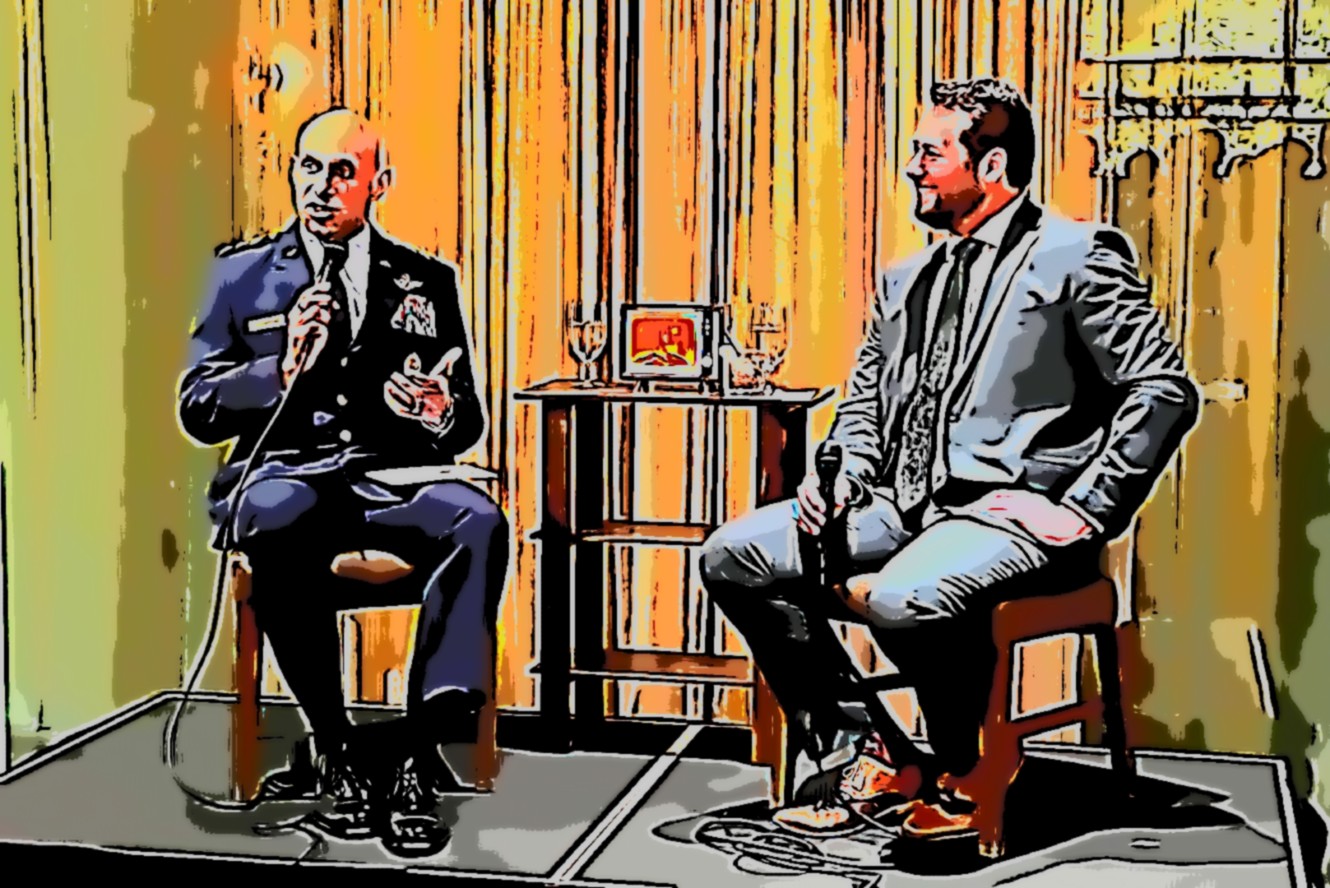
- Select a language for the TTS:
- UK English Female
- UK English Male
- US English Female
- US English Male
- Australian Female
- Australian Male
- Language selected: (auto detect) - EN
Play all audios:
Today the Obama administration and congressional Republicans struck a tentative deal to extend Bush era tax cuts for another two years. US Capitol Building with cash Under the terms of the
proposal, income tax rates will not change for anyone—regardless of income—until at least 2013. A separate concession, included in the proposed package of legislation, would raise the estate
tax exemption to $5 million. But is this a compromise no one can be happy with—least of all the president's own party? This phrase may be a leading indicator: "The Obama-McConnell
Plan". In what may become symbolic of a developing theme, Mary Landrieu, the senior Democratic senator from the state of Louisiana, has named the proposal just that. The Wall Street
Journal reports: " 'We’re going to borrow $46 billion, according to the Obama-McConnell plan — and that’s what I’m calling it, the Obama-McConnell plan,' …Landrieu told
reporters Tuesday afternoon as she sharply criticized extending tax cuts for upper-income Americans." Senator Landrieu ran for reelection in Louisiana in 2008 as a self-styled
'centrist'. Her act of hyphenation—using the name of the opposing party's Senate minority leader as some vilified appendage or political albatross—cannot be viewed as a
favorable omen by the White House. This may be viewed as escalation—beyond the attack of a policy proposal on its substance. Particularly in this political climate, which is rarely referred
to these days without the modifier 'polarized'. An article in today's New York Times characterizes House Speaker Nancy Pelosi's position as "remaining neutral".
One might be forgiven for asking: Why is a Democratic Speaker of the House remaining neutral? What does that say about the president's relationship to his own party on the Hill? The
issue of taxes—and fiscal policy in general—is not some political tangent. Tax policy is at the heart of US economic policy. The left blame Bush era tax cuts for pushing the federal
government into unprecedented deficits; conversely, the right believes that onerous new taxes will stunt the growth of a fragile recovery. On a single point there is complete unanimity: The
structure of taxes is critical to the success of the economy—and getting it wrong can have dire consequences. The language of "remaining neutral" is typically applied—as a matter
of political expediency— on hot button social issues. (Especially when members of Congress have districts whose political composition differs from the majority of their own party.) But this
division would seem to be something else entirely. The economy continues to founder. Employment statistics released last Friday by the Department of Labor were dismal. All is not well when a
New York Times news story opens with the following lede: "After several months of improvement, hiring by businesses slowed to a crawl in November, a development that is sure to
intensify the debate over what can and should be done to reignite the economy." And characterizing the Speaker's position as "neutral" may be a charitable interpretation.
In a separate story, The New York Times reports: "'The tax proposal announced by the president clearly presents the differences between Democrats and Republicans,' Ms. Pelosi
said in her statement. 'Any provision must be judged by two criteria: does it create jobs to grow our economy and does it add to the deficit?'" "'The Democratic
provisions will create jobs and help 155 million workers through tax cuts for the middle class, helping working families who are struggling and growing the economy. The Republican demands
would provide tax cuts to the millionaires and billionaires, fail to create jobs and increase the deficit.'" "She continued: 'To add insult to injury, the Republican
estate tax proposal would help only 39,000 of America’s richest families, while adding about $25 billion more to the deficit. Republicans have held the middle class hostage for provisions
that benefit only the wealthiest 3 percent, do not create jobs, and add tens of billions of dollars to the deficit.'" In the months to come, the president may find the shifting
political landscape within his own party as treacherous to navigate as the recent flat—or negative—economic data. And we may rightly infer that the former is likely a function of the latter.
______________________________________________________ _QUESTIONS? COMMENTS? EMAIL US AT_ _FOLLOW NETNET ON TWITTER @ TWITTER.COM/CNBCNETNET_ _FACEBOOK US @ _









